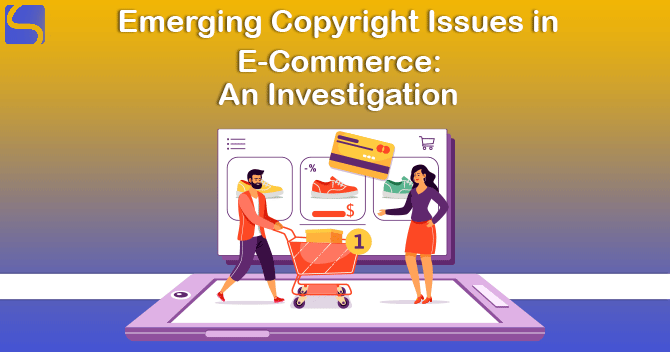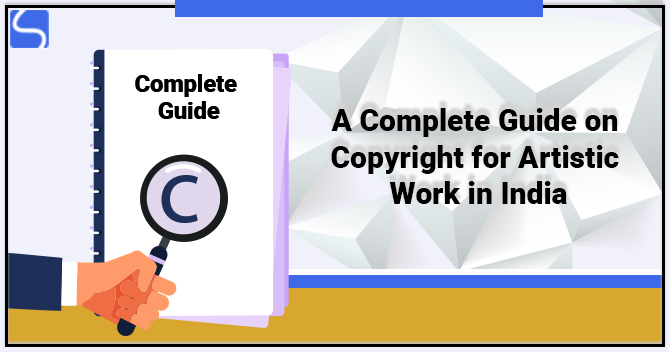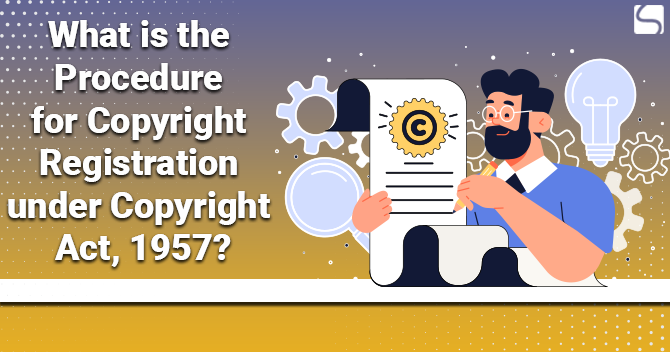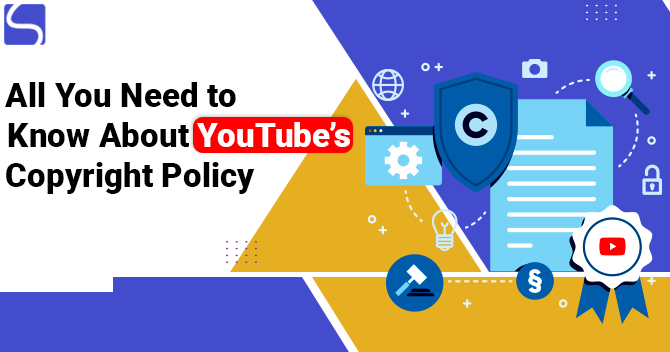Emerging Copyright Issues in E-Commerce: An Investigation

Siddharth Verma | Updated: Nov 23, 2021 | Category: Copyright
The emerging Copyright issues in E-commerce are facing a lot of copyright infringements cases nowadays. Using content from another company when creating content for your e-commerce website can be a serious legal issue. This could be the ruin of your online business. Several royalty-free websites allow you to access their information and images. You can use those websites to generate web content for your company’s website. Since e-commerce is unprecedented and operates a network that uses non-proprietary protocols, business owners must prioritize safeguarding their creative content and information made available to the general public, as there is a risk of theft and duplication and protection against unfair competition. Databases, software, website design, and creative content such as text, photos, audio, videos, and graphics are protected by Copyright. In the E-Commerce Industry, copyright protection prescribes monetary penalties for infringers who use work without permission. In most nations, copyright protection is provided through the comprehensive coverage of legislation, aided by international treaties. It provides some clarity on Copyright ownership in various contexts, with a focus on the E-Commerce industry. In terms of copyright protection, it lasts a long time. Scroll down to check the detailed analysis of the emerging copyright issues in E-commerce industries.
Table of Contents
Meaning of E-commerce?
E-commerce is the platform that enables the buying and selling of goods over a computer network, such as the Internet. Nowadays, when someone says e-commerce, they usually mean buying and selling items through the Internet. On the other hand, e-commerce refers to any transaction that takes place through electronic means.
Types of E-Commerce
There are two different types of E-Commerce:
B2B (Business to Business)– Business-to-business, or b2b, is the process of selling online from one entity to another or wholesale.
B2C (Business to Consumer)– Since it is so easy for businesses to target specific clients online, most of the e-commerce is now b2c. Businesses can now list their products on the Internet, allowing clients to purchase them from the convenience of their own homes, saving time.
What is the meaning of Copyright?
Copyright is intellectual property rights that gives the owner the exclusive right to reproduce, perform, distribute, sell, publish, or license the original work to others. Following the copyright law, a wide range of materials can be protected under many categories, including Graphics and pictorial works, literature works; recordings of sound; Musical compositions; Film and video works; Programs for computers. In India, Copyright typically lasts for the author’s lifetime plus 60 years.
Analysis of Emerging Copyright issues in the E-commerce Industry
The company building an E-Commerce Platform should either employ licensed technology with a long-term validity or use proprietary technology. The copying of one person’s work by others, held in an electronic format, is a fundamental issue in this sector. Because the Internet is a free area, it becomes accessible to anybody at any time. The Internet provides a platform for the wide distribution and dispersion of information in a relatively short period and at a low cost. The original and reproduced work is not immediately identified.
Significant issues related to E-Contracts
The no. of emerging copyright issues in E-commerce are related to E-contracts. Offer and acceptance, consideration, and the ability to enter into a contract are all required elements of a valid contract. The terms and conditions connected with an e-commerce platform must meet all of the requirements of a valid contract to ensure e-commerce transaction compliance and security. Click-wrap, browse-wrap, and shrink-wrap contracts are the most common types of e-Contracts.
Scroll Box: The contractual party commonly confirms its approval by clicking on the ‘I accept’ link with the scroll box that allows them to peruse the terms and conditions.
Wrap Contracts: In most cases, using such browsers or simply visiting the site makes the conditions of the contract binding.
Shrink Wrap Contract: The contracting party can read the terms and conditions after opening the box where the product or, more typically, a license is contained. Contracts of this nature are commonly used and relevant in the E-Commerce industry.
The Indian Contract Act of 1872 clarifies that a contract does not have to be physically signed and that specific agreements can be created in ways other than writing. Although, because of the nature of the e-commerce business, it is difficult to verify the age of a person transacting online, which is a dilemma for e-commerce platforms because entering into a contract with a child is void by law, resulting in additional liabilities.
Data Scraping an Issue of Concern
Web scraping is a process for extracting and importing data or information from a website into an output format that a computer program or software can read. Data/information is removed in a fraction of a second, regardless of the size or number of pages, causing ambiguity in declaring Copyright owner because Copyright vests in literary work under Section 13(1)(a), read with Section 2(o) of the Copyright Act, 1957[1], which states that complications fall under the ambit of Literary work, thereby indirectly including data scraping, which is nothing more than information compilation. It’s unclear whether a content importer also becomes a Copyright Holder.
Conclusion
We conclude here that, watching the current scenario in respect of the emerging copyright issues in E-Commerce. In the early times of the Internet, the E-Commerce business has evolved into a need in every household. The Legal system is continuously trying to catch up on the regulations under the IT act to cope with challenges coming from the Internet. Since the success of the e-commerce sector is mainly dependent on the application of its protective guard, IP Owners can increase their actual share profits by properly defending their IP rights. Therefore, the IT Laws should be tightened by the government to safeguard the Copyright of the owner.
Read our Article:Role of copyright in Media: An analysis














